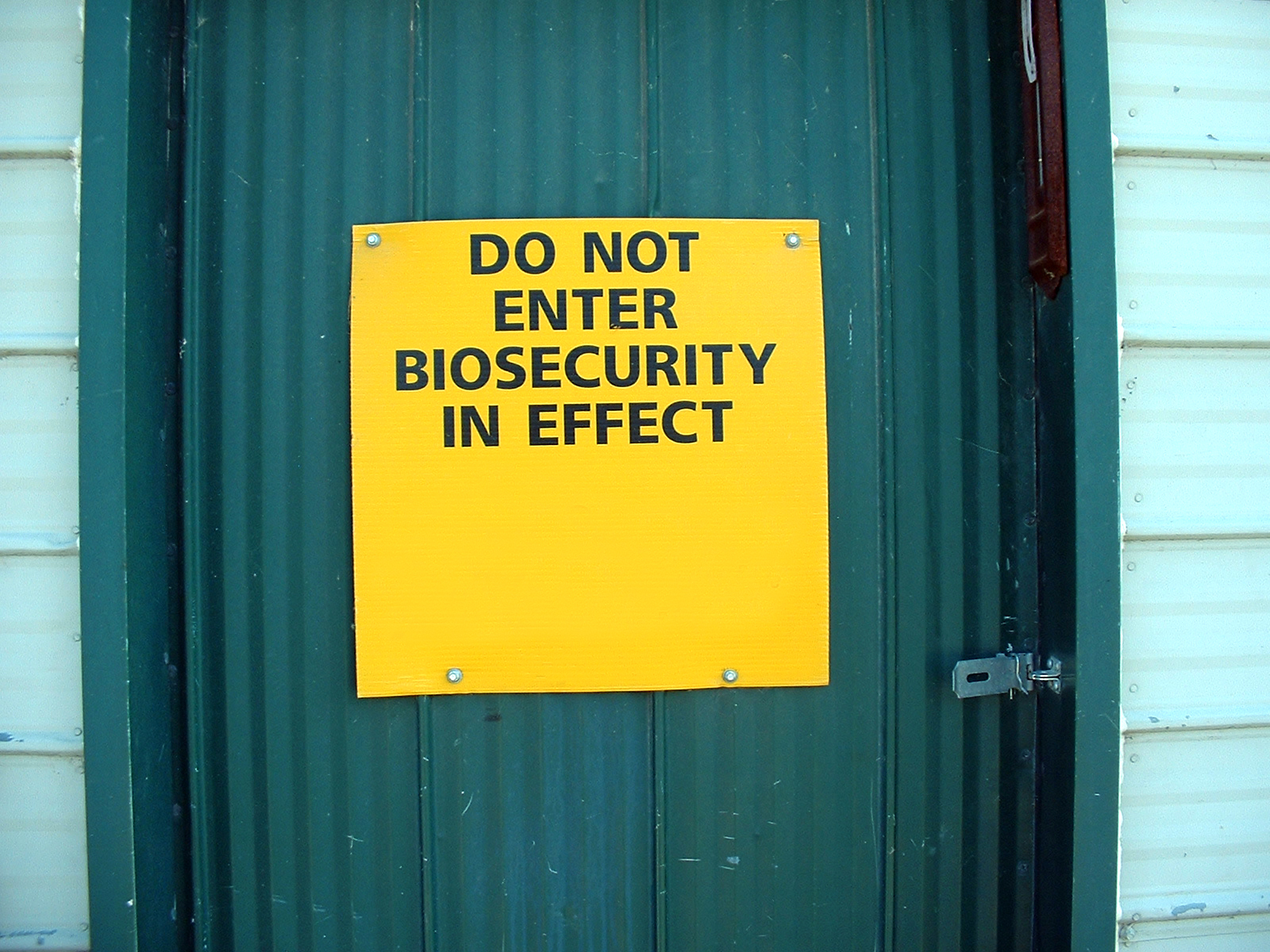
FRIDAY, June 3 (HealthDay News) — U.S. health officials sought Friday to reassure Americans that there is little chance the deadly new strain of E. coli bacteria affecting Germany and other European countries will have any significant impact here.
“This outbreak has not affected the U.S.,” David Elder, director of the U.S. Food and Drug Administration’s Regional Operations, said during a Friday afternoon news conference.
The source of the outbreak in Europe — which has been blamed for 18 deaths — remains unknown, but produce is a likely suspect, health officials said.
“Produce remains safe and there is no reason for Americans to alter where they shop, what they buy, what they eat,” he added. “The U.S. food supply is not in jeopardy.”
As a precaution, the FDA has taken the step of detaining any shipments of tomatoes, lettuce and cucumbers arriving from Germany and Spain. Samples from these shipments will be tested for E. coli before being released into the U.S. market, Elder said.
“Any products found to be contaminated will be refused admission into the U.S. and any future shipments will be detained upon entry,” he said.
Elder noted that produce from Europe makes up less than 0.2 percent of all produce imported into the United States, and very little of that European produce comes into the country this time of the year.
Chris Braden, director of the U.S. Centers for Disease Control and Prevention’s Foodborne Waterborne and Environmental Diseases division, said that “the strain of E. coli causing illness in Europe is very rare, and [the] CDC is not aware of any confirmed cases of this infection ever reported in the United States.”
To date there have been four suspected cases of infection in the United States, Braden said, and “in each case the suspected case has been identified as persons who recently traveled to Hamburg, Germany.”
“At this time we have no reason to believe and no expectation that this will spread in our country,” he said.
Adding a word of caution, Don Kraemer, the FDA’s deputy director of the Center for Food Safety and Applied Nutrition, said during the press conference that “we haven’t had this strain of E. coli in the United States and hopefully we never will.”
“It’s not impossible to have an outbreak from pathogenic E. coli in the U.S., but we do think the controls we have in place now significantly reduce the risk,” he said.
Meanwhile, health officials in Germany said Friday that there were signs the outbreak may be easing, even though the number of people sickened by the new strain of E. coli was still rising.
But the officials cautioned that it was too soon to say the worst is over, and the source of the contamination remains unidentified.
Nearly 200 new cases of E. coli infection were reported in Germany — northern Germany is the epicenter of the outbreak — during the first two days of June, the Robert Koch Institute disease control center said. However, new infections peaked on May 21 and May 22, and have been falling since, the Associated Press reported.
Nearly 1,733 people in the country have been sickened by the bacteria, including 520 who have a potentially fatal complication that can cause kidney failure.
The World Health Organization said 10 other European nations and the United States also have reported a total of 90 people who have fallen ill. All but two had recently visited northern Germany or, in one case, had contact with a visitor from the region, the AP said.
The Los Angeles Times reported Friday that the CDC is now advising Americans who visit Germany, especially northern Germany, to not eat raw tomatoes, fresh cucumbers and leafy salads. The agency also advises anyone who has traveled to the country and has become ill with symptoms of E. coli poisoning — bloody diarrhea, stomach cramps or more serious symptoms — to see a doctor immediately.
More information
For more information on E. coli, visit the U.S. Centers for Disease Control and Prevention.

